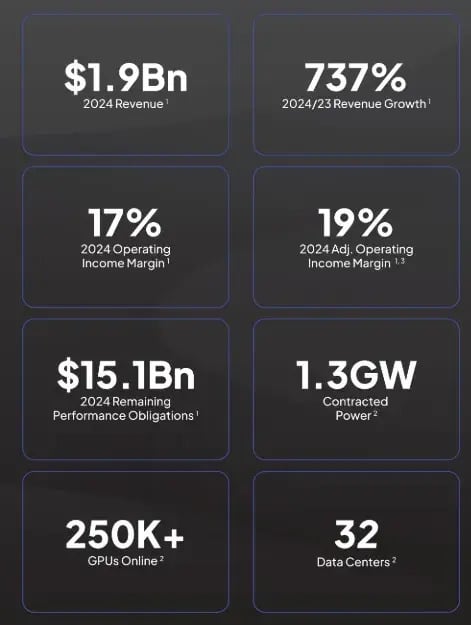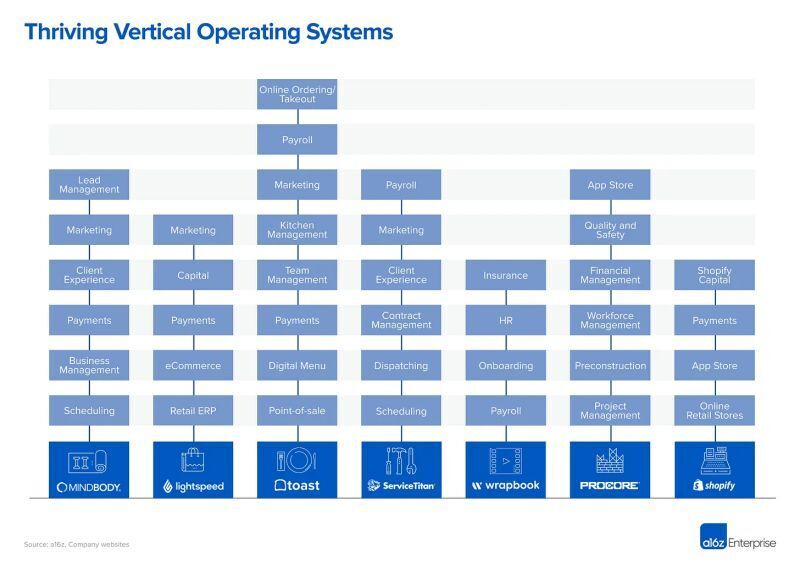Shameless plug before we dive in … If you find Steal My Idea half-way decent so far, the greatest compliment would be to share it with one other person. Let’s get to it.

I’ve always found it weird (and for some reason I can’t explain, a bit uncomfortable) when I see examples of people who are so close in skill and performance, but so drastically divergent in terms of financials and public admiration. Every time the Olympics roll around I’m given new examples - there’s always a handful of athletes who get all the endorsement deals, and basically “headline” the events. And then there’s everyone else; scraping by to make a buck before they disappear back to whatever dusty gym they were training in for the next four years.
The easiest example is Usain Bolt and his performance in the 100 meters at the 2008 Olympics. He outperformed his competitors Richard Thompson and Walter Dix (both whom I had to look up, by the way) by a mere 0.2 seconds. Although all three men are performing at the outer frontier of human performance, Bolt is 1,000x more recognizable and rewarded financially. The gap between Bolt’s “performance” and “success” is non-linear.
I read a book (OK, I listened to it while cursing people in traffic) by Albert-Laszlo Barabási, a network scientist who tries to frame “success” in quantifiable terms. In The Formula: The Universal Laws of Success he observes that:
Performance is bounded while success is unbounded.
The Formula: The Universal Laws of Success
That’s deep.

A similar dynamic exists in the UFC. For this next (cherry-picked) example, rather than a head-on competition like the 100 meters, let’s look at fighters in different weight classes who would never fight each other.
Connor McGregor (22-6) has a relatively similar record as former heavyweight champ Stipe Miocic (20-4). Each has an amazing resume of performances. McGregor was the first double champ, holding belts in two weight classes at once, while Stipe holds the record for most wins in heavyweight title fights along with the longest title defending streak in the most popular division. Simply stated, they are both masters of their craft.
But their levels of “success” when measured by the relatively simple barometers of “would you recognize this guy on the street” and “how much money is in his bank account” are very different. McGregor owns the boat pictured below. Stipe still works a day job as a firefighter in Ohio.

One man leveraged his personality to convince his network that his performance was more worthy of adulation. He convinced us to buy in.
When done right, this can have a snowballing effect, or what Barabási calls preferential attachment - we believe someone is successful because others believe they are successful.
This makes sense when you evaluate the opportunities the two have been presented with outside the Octagon. McGregor engaged in a farce boxing match with Floyd Mayweather for a hundred million dollars, and then sold his whiskey brand for a few hundred million more. On the other side of the spectrum, Miocic once appeared in a Modelo commercial. (Fantastic beer, by the way. Perhaps they’ll sponsor this newsletter someday).
Barabási explains that,
Success is a collective phenomenon. While your performance is about you, your success is about us. You are successful because others around you believe you are successful.
The Formula: The Universal Laws of Success
Success is dependent on how your peers perceive you. While the 100M dash may have a relative cap on how fast a human can complete it, if we all buy in on the narrative that a certain runner is “successful”, the rewards are relatively unbounded.
This preferential attachment happens all the time in finance - capital is raised by the private equity firms and hedge funds with top tier-ish performance AND (perhaps more importantly) brand names that get caught in the positive flywheel of business books, CNBC lunch hour fodder, and WSJ headlines. Their performance is only part of the equation. The perception and story underlying their success is another.
You also see it with startups seeking to raise that same money. The product needs to have great-ish performance and functionality to initially find a bit of product market fit. But there’s a lot of signaling that goes on once a well known investor’s name appears on a cap table. This leads to the classic FOMO rush. People think the company is successful because someone else we think is successful is getting in on the action.
Good, bad or indifferent, business is much like the race track - it’s not always enough to “win” with your performance. There has to be a self-fulfilling narrative to surround that performance.
Confidence and self-belief play a huge role in success, they have to match strong performance.
The Formula: The Universal Laws of Success
McGregor goes one level beyond just starching his opponent. He then stands in the center of the ring and shares a narrative to envelop and elevate that performance. He exudes confidence and allows others to feed off his contagious self-belief. And in turn, it snowballs into a societal agreement that he’s not only skilled but highly successful.
There’s an aura that successful people create around themselves. The same is true for venture funds and venture companies. The energy surrounding performance takes on a life of it’s own. We need to craft our skills and also craft the narratives around our performance. Since, at the end of the day, the skills won’t necessarily pay the bills if you don’t believe what you are doing is awesome, so others can too.







